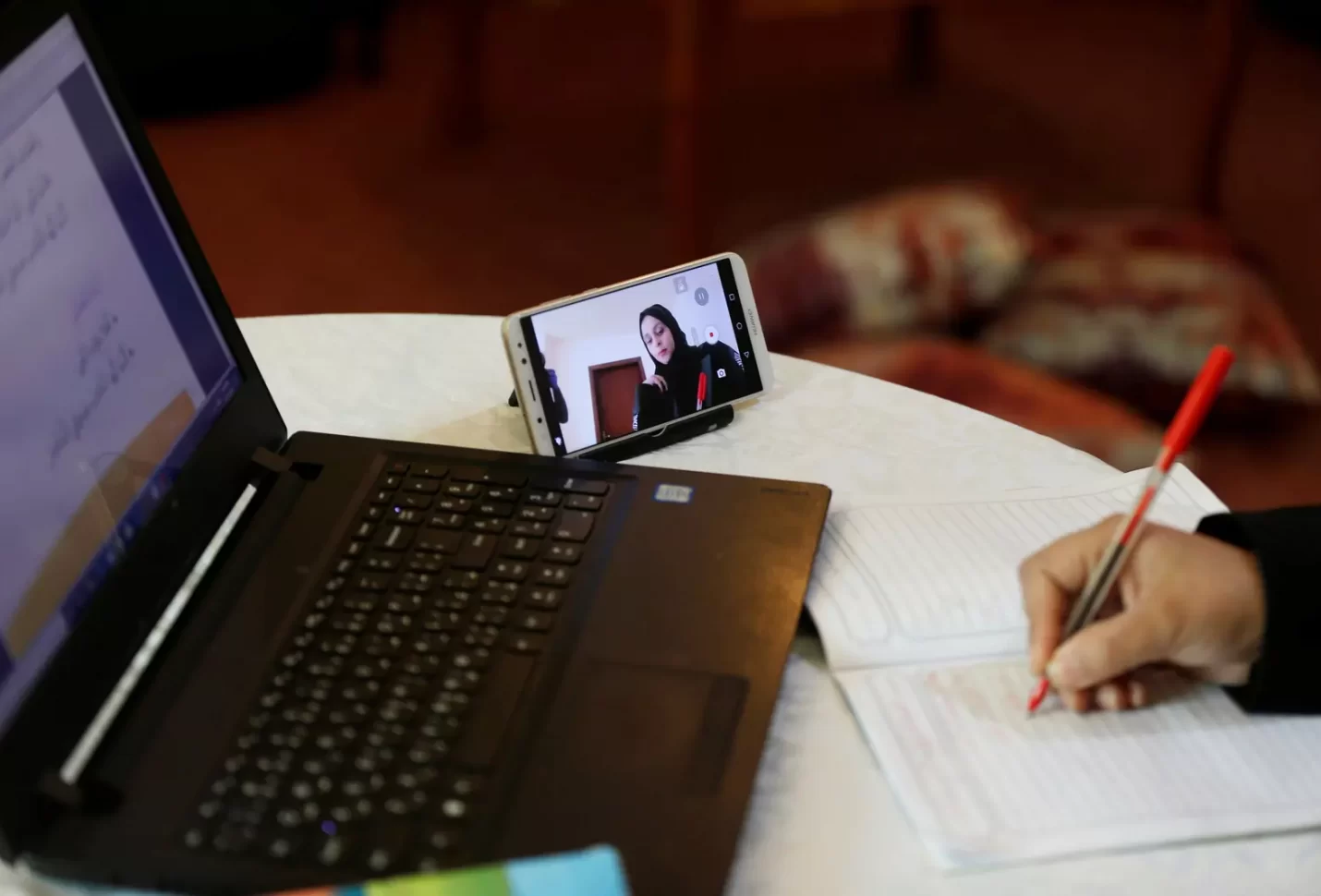
5 Steps to Build an Effective CSR Strategy
In today’s business landscape, Corporate Social Responsibility (CSR) has evolved from being a “nice-to-have” to ...

A recent study by the International Finance Corporation (IFC), developed in partnership with Coursera and the European Commission, found nearly half of online learners in Egypt, India, Mexico and Nigeria who took to digital education to start or grow their business succeeded in their efforts. Nearly 40 percent reported improved career opportunities or income increases.
In fact, IFC estimates that the market for adult online learning in emerging markets alone will more than double within the next five years.
Globally, women are 21 percent less likely to be online compared to men; in the least developed countries, they’re half as likely. This digital exclusion does more than prevent women from accessing online education. It prevents them from fully participating in the digital economy — and it is costing the world billions of dollars in GDP each year.
The study said there is a need to broadly invest in digital infrastructure that increases connectivity and ensures everyone — including women — can fully access the digital economy.
Last year, IFC exceeded $1 billion in commitments to the telecom sector for the first time, with three-quarters of those investments going to Africa. Targeted funding pools like this and blended finance can catalyze the deployment of private capital at every level of the digital ecosystem, from broadband and datacenters to independent tower and mobile network operators.
“But infrastructure alone isn’t enough to bridge the digital divide. We must also ensure digital products are relevant and affordable for women. Service and device costs remain one of the primary barriers standing between women and access to digital technologies,” the study said.
Affordability can also influence if and how women use digital services. IFC research found that free or audited courses are the single biggest entry point to online learning, with more than 50 percent of female students in Egypt, India, Mexico and Nigeria relying on free trials.
“We need to support digital literacy, adoption and usage by embracing innovative financing solutions that connect women with technology and educational services at low to no cost,” according to the study.
In the wake of the COVID-19 pandemic, the urgency of this task cannot be understated. A World Bank Group study found that women were 11 percentage points more likely to have lost a job during the pandemic, while female-owned businesses were 7 percentage points more likely to have closed than those owned by men. Online education has the potential to help these women gain new skills, open new businesses and re-enter the labor market — but only if they can access it.
“By working together to remove the barriers keeping women from accessing online education and all the opportunities that come with the digital economy, we can all win.”
اترك تعليقا